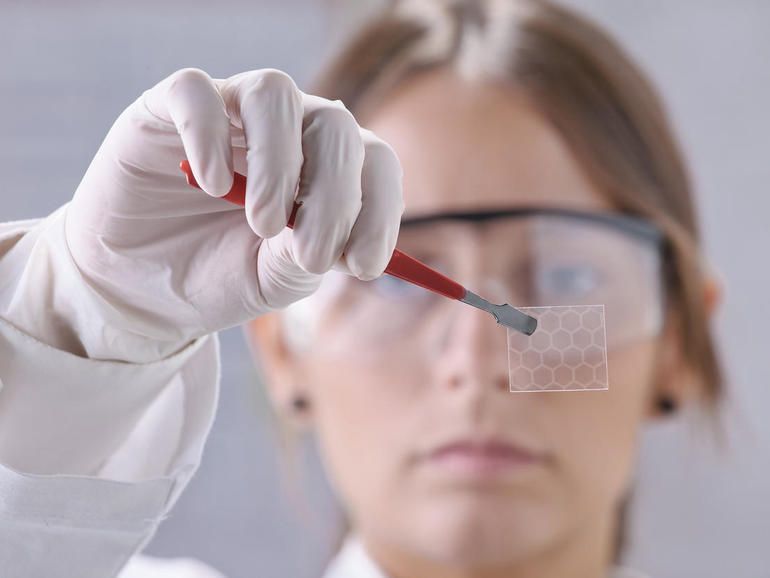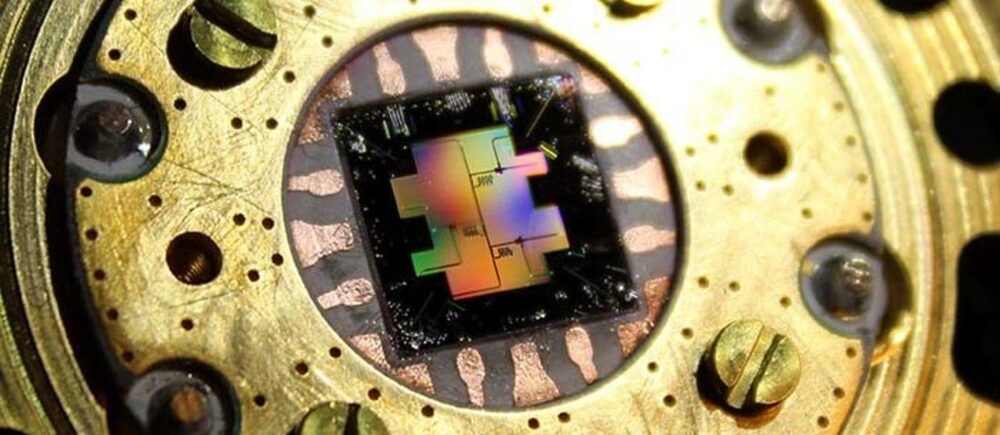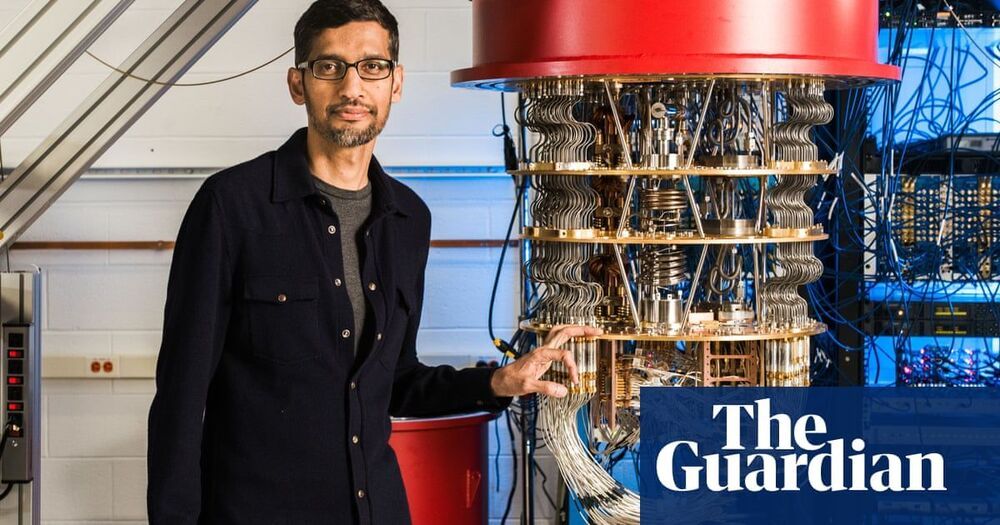Researchers believe this next generation of microchips could lead to computers and phones running thousands of times faster.
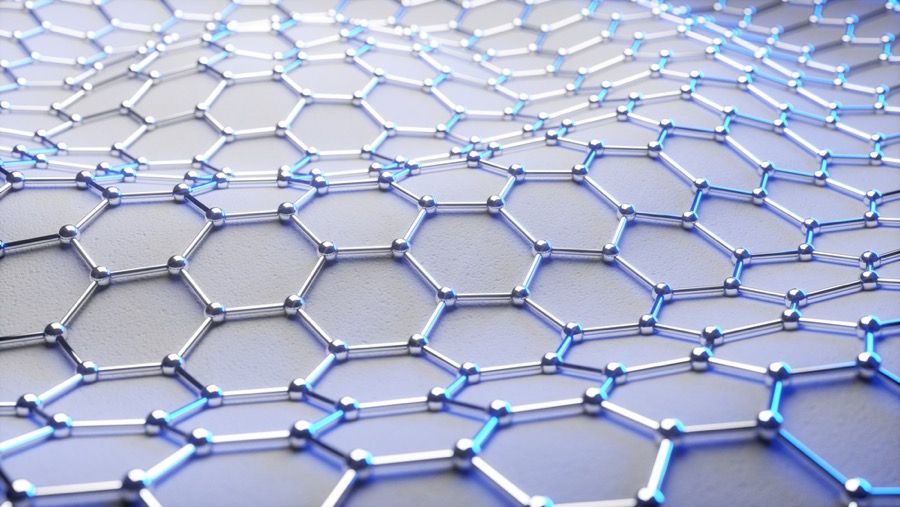


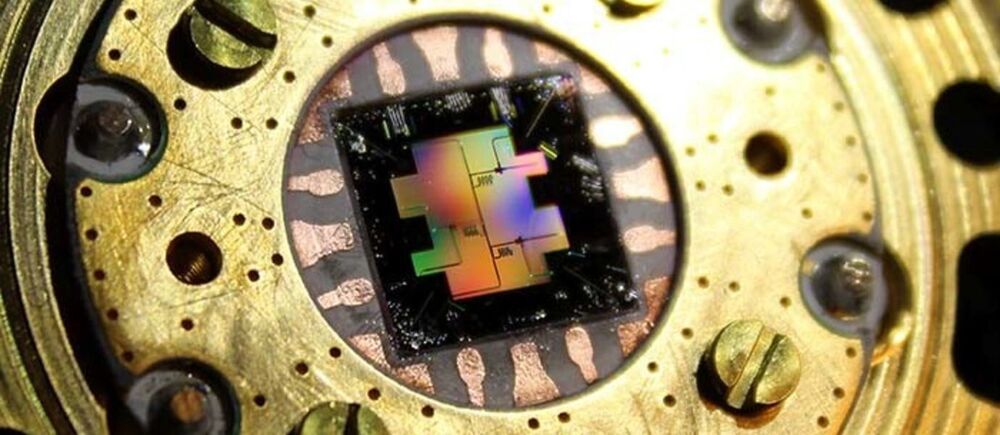
IBM announced that global energy company BP has joined the tech giant’s quantum network as an industry partner to boost the use of quantum computing in the energy industry.
